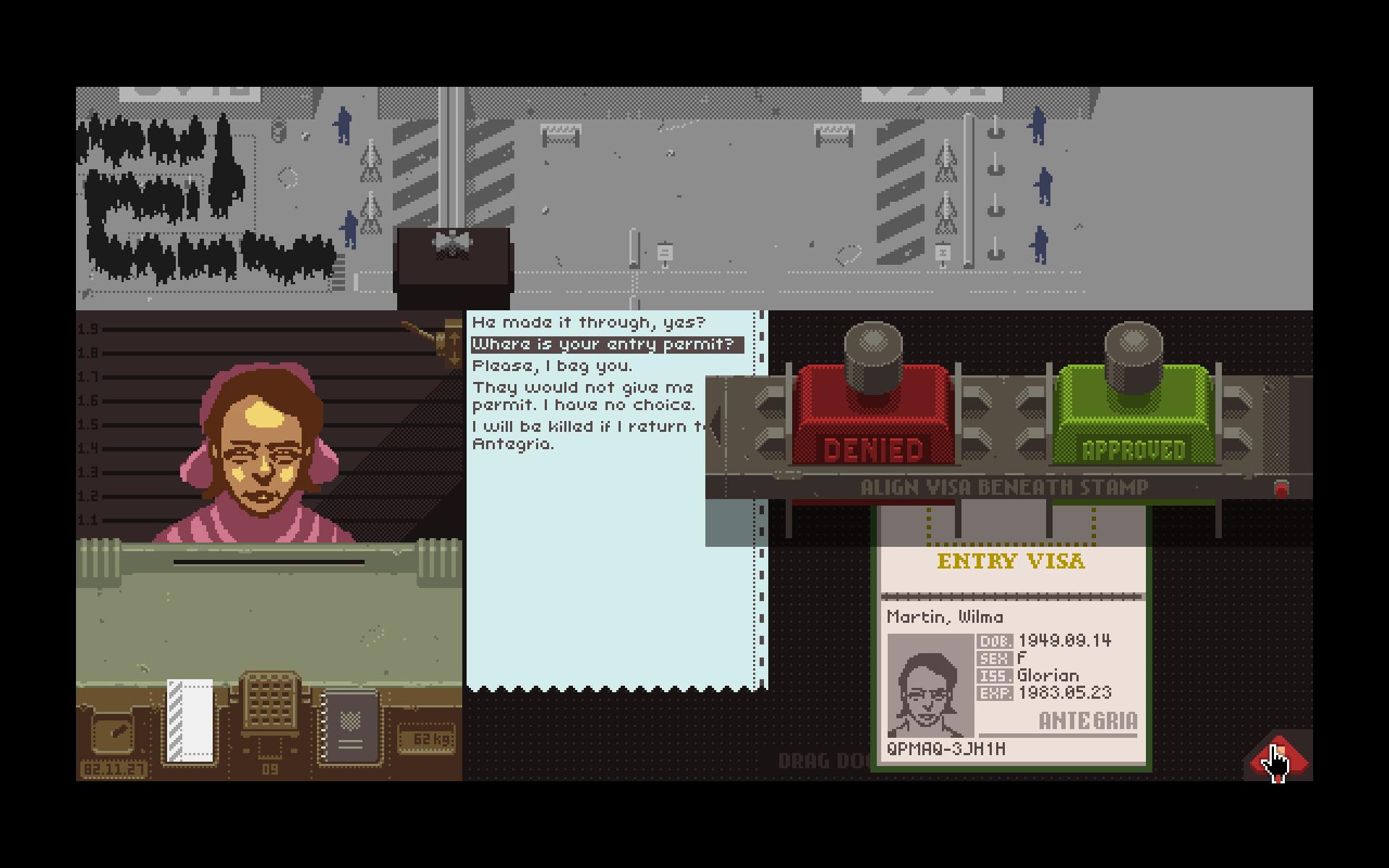Some people think that the better the graphics (i.e. more realistic), the better the immersion. While this seems not to go in pair, one can even say that "too real" in a visual game played on a PC (I never tried Oculus Rift, I guess it must be an interesting experience) is not in fact what we should strive for. Check out this article:
 |
| Minecraft's lighting and sounds make it immersive despite lack of realism |
Thus a question arises: do we really need good graphics for decent player immersion in the virtual world? The answer is yes, the graphic needs to be good (i.e. good looking, pleasant to the eye. Lighting and shading are of key importance on the topic), but not necessarily realistic. For example, Minecraft. the groundbreaking hit that shook the whole industry, has this simple yet perfectly balanced lighting system, which together with ambient sounds, growls coming from the dark, make you feel immersed. In fact this could be two basic things that build the proper immersive atmosphere - the lighting and the sounds. (of course, Minecraft's main advantage is the freedom of changing the world and multiplayer, and it also adds to immersion!)
All the time I'm talking about, more or less, the 'spatial' aspect of immersion
 |
| Getting used to ASCII "graphics" can be tough, but its worth it, considering so many decent roguelike games in development, such as Dwarf Fortress or Cataclysm DDA |
Games with great storyline, such as, from the more recent ones, Mass Effect or The Last of Us, also fall in this category, but also those based more on emotions and mood, like, for example, Papers, Please, where you really get to feel the position of immigration inspector in a fictional communist state.
 |
| Papers, Please - recent indie production |